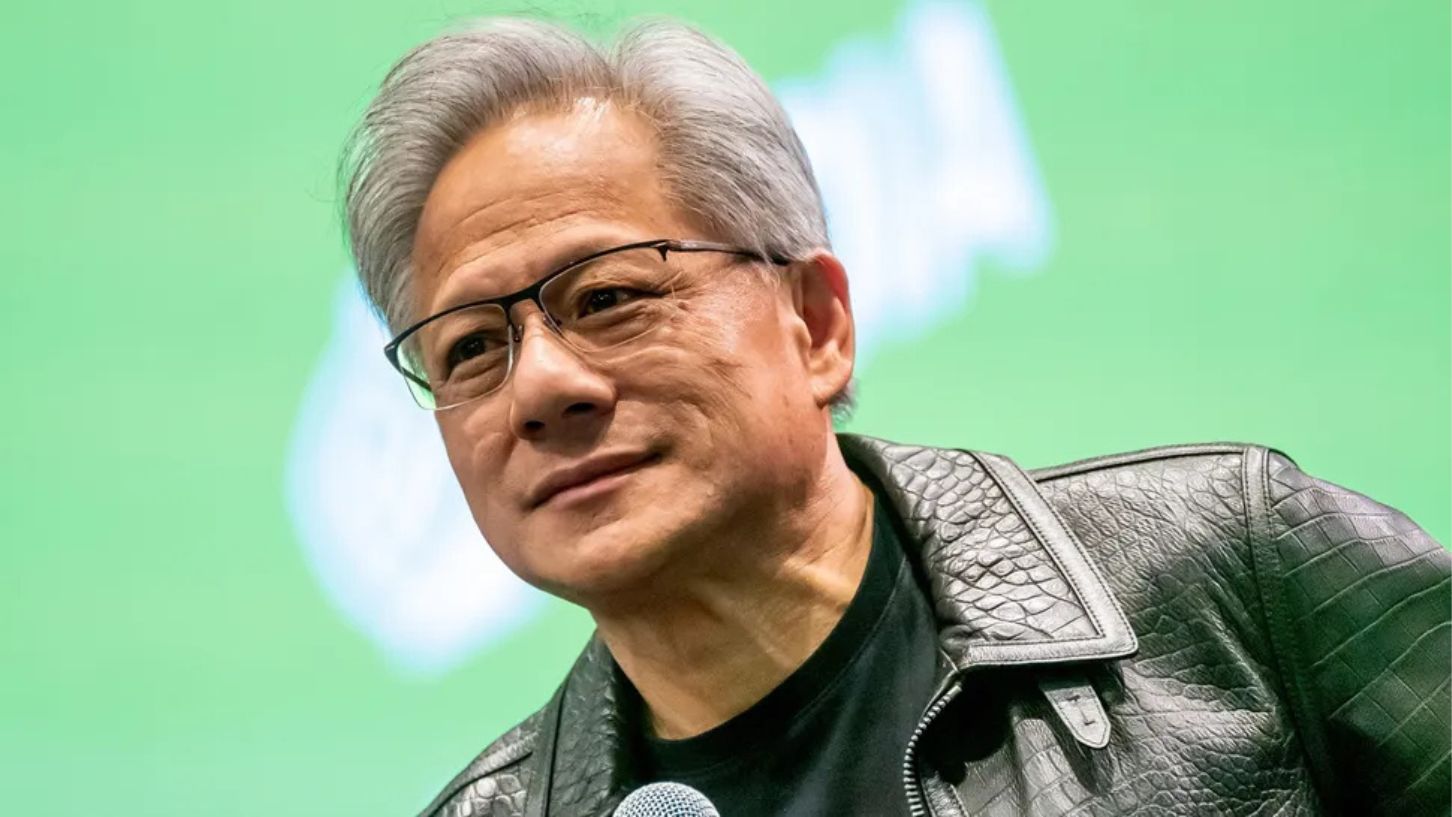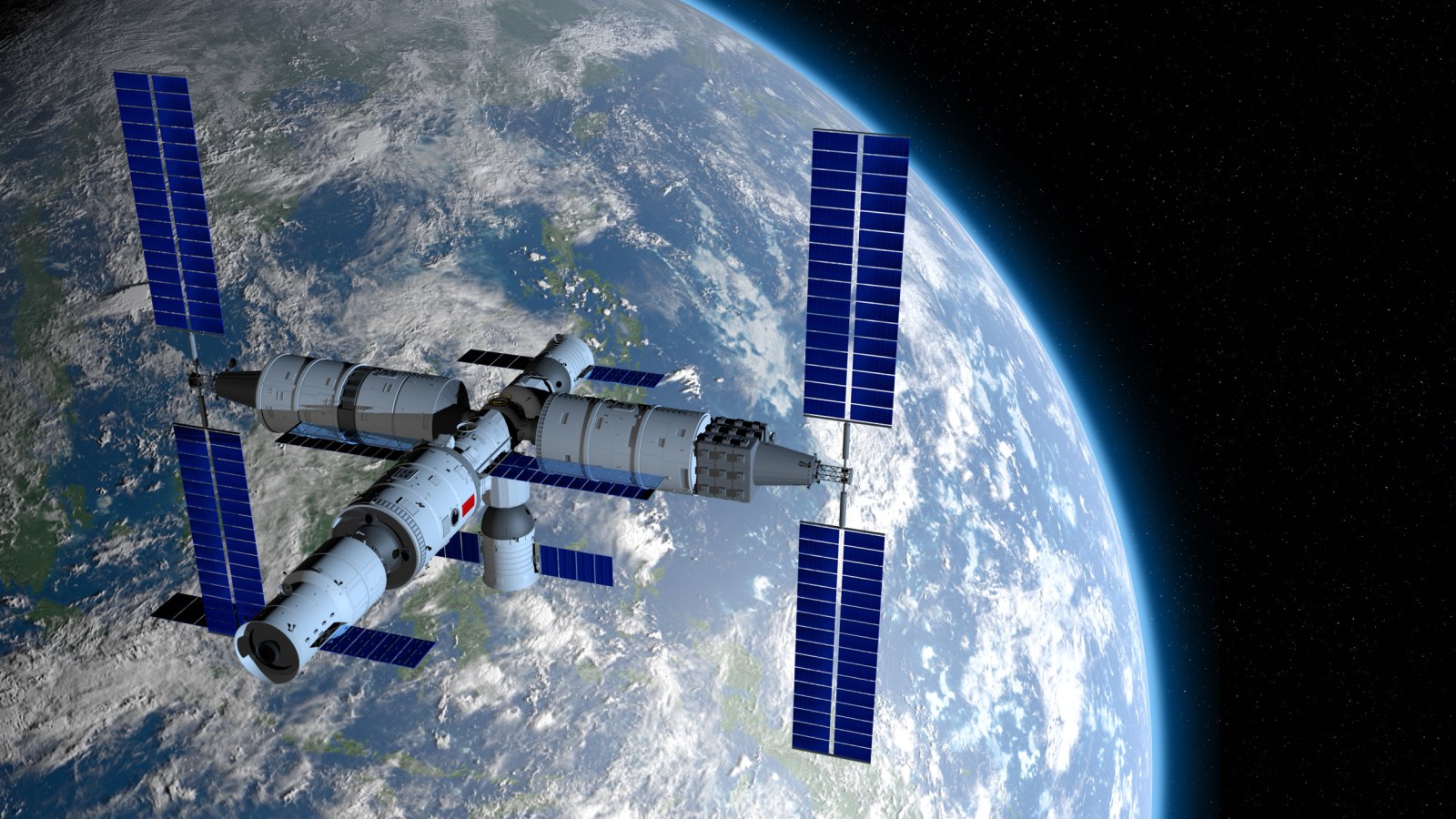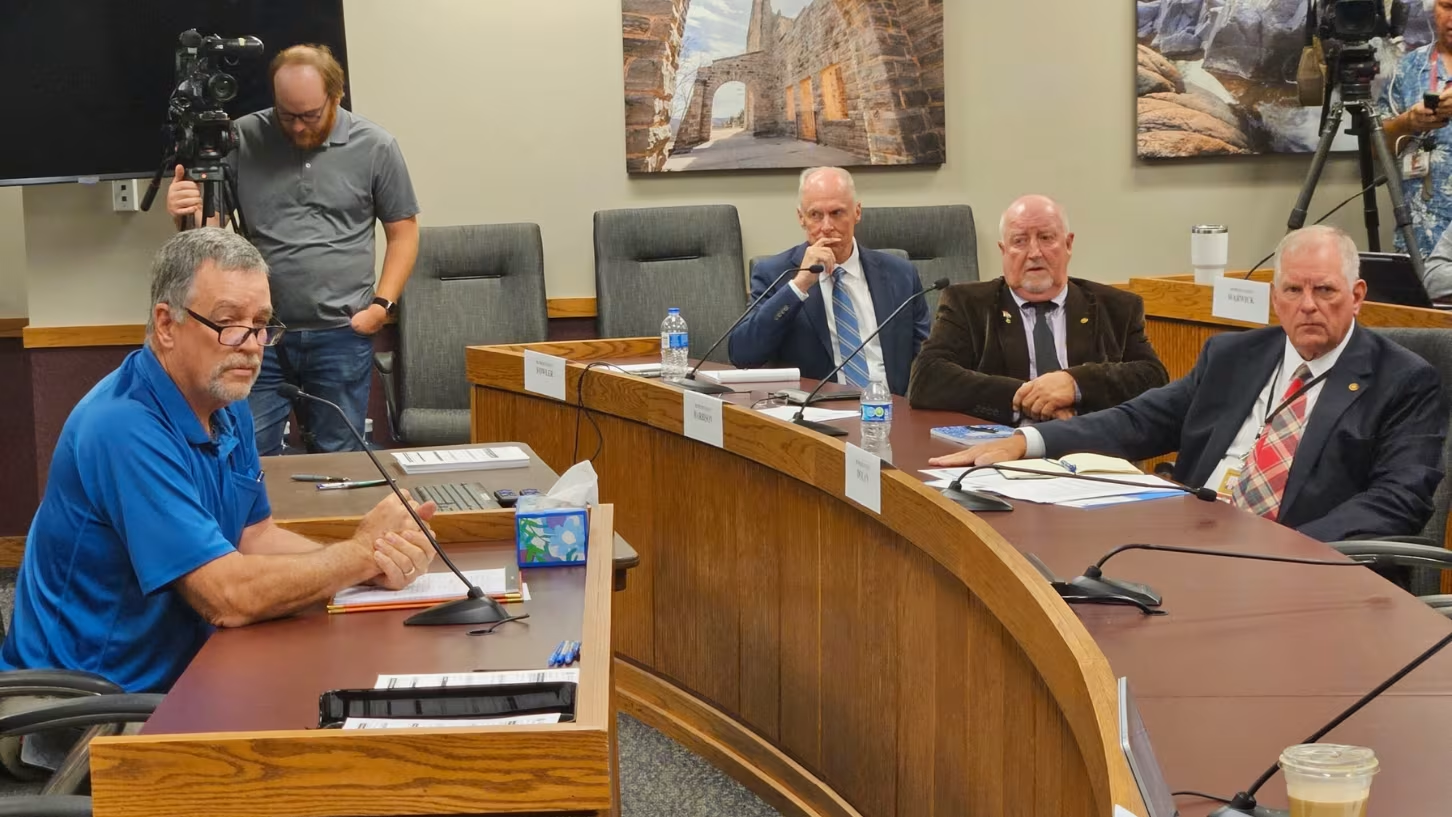Nvidia CEO Jensen Huang felt frustrated when a major chip deal with the United Arab Emirates (UAE) ran into unexpected delays. The hold-up is tied to concerns over China links, and the situation shows just how complex the tech world is today, where innovation, geopolitics, and regulation often collide.
What’s happening with the UAE chips deal?
Jensen Huang, the CEO of Nvidia, had a plan to send advanced AI chips to the UAE under a large strategic agreement. The idea was that these chips would help the UAE build powerful AI infrastructure, and also strengthen Nvidia’s global reach.
But the deal, announced earlier, has hit unexpected roadblocks. The U.S. Commerce Secretary has slowed the process, citing national security concerns and potential links to China. Because some of the UAE’s connections could overlap with Chinese firms, Washington is being extra cautious.
Huang saw this delay as more than just bureaucratic — for him, it’s a signal of the tangled challenges tech leaders face in today’s climate, balancing business ambitions and governmental oversight.
Why this matters for technology and global trade
This whole situation is not just about one deal getting delayed. It highlights a few important lessons for anyone trying to understand the tech world today.
1. Tech deals aren’t just about chips and hardware.
Take this example: Nvidia might build a chip that can run powerful AI models, but whether that chip can be sold depends on export laws, alliances between countries, and political sensitivities. Think of it like building a car engine—but then having to get approval from multiple countries before you can ship it.
2. Countries watch each other closely.
If a tech company sells advanced tools to one nation, rival nations or allies may worry about misuse, espionage, or competition. That’s why governments often step in—even in deals that seem purely commercial.
3. CEOs now operate on two fronts: business and diplomacy.
Jensen Huang isn’t just the head of a tech firm. He has to negotiate with governments, navigate foreign policy red lines, and understand national security policies. In many ways, tech leaders are becoming diplomats. Huang’s frustration shows just how tight that line can be.
Where things might go from here
The UAE deal may eventually move forward, but with modifications. Parts of it may be scaled back or subjected to more scrutiny and stricter terms. Huang’s disappointment might force Nvidia’s team to rethink how to structure future agreements in sensitive territories.
For the tech world, this delay is a warning. Even if your product is the most advanced, you still must win over regulators, governments, and watchdogs. Innovation doesn’t exist in a vacuum.



